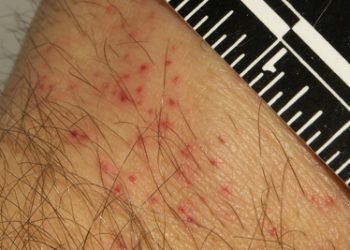Aspergillosis Overview
Aspergillosis is a disease caused by Aspergillus, a common type of mould (fungus) that lives in the environment — especially in soil, decaying vegetation, dust, and indoor air. Most people breathe in Aspergillus spores daily without getting sick. However, in people with weakened immune systems or lung disease, the spores can cause serious infections or allergic reactions.
There are different types of aspergillosis, ranging from mild to life-threatening:
- Allergic bronchopulmonary (ABPA) – An allergic reaction affecting people with asthma or cystic fibrosis
- Chronic pulmonary (CPA) – A long-term lung infection
- Aspergilloma – A fungal ball that forms in cavities in the lungs
- Invasive – A severe infection that spreads through the lungs or other organs, mainly in immunocompromised patients
Common symptoms:
- Cough (may include blood)
- Wheezing or shortness of breath
- Fever (in invasive cases)
- Fatigue or weight loss
- Chest pain
This condition is especially concerning in HIV/AIDS patients, transplant recipients, or people undergoing chemotherapy. In South Africa, rising rates of TB-related lung damage and immunosuppression make chronic and invasive aspergillosis a growing concern.
👉 [Next: Causes and Risk Factors of Aspergillosis]
Andy Blecher Podiatrist Plumstead


